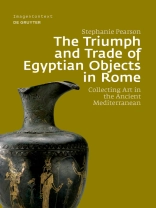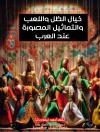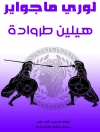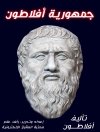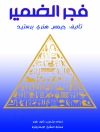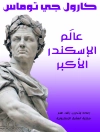From gleaming hardstone statues to bright frescoes, the unexpected and often spectacular Egyptian objects discovered in Roman Italy have long presented an interpretive challenge. How they shaped and were shaped by religion, politics, and identity formation has now been well researched. But one crucial function of these objects remains to be explored: their role as precious goods in a collector’s economy. The Romans imported and recreated Egyptian goods in the most opulent materials available – gold, gems, expensive wood, ivory, luxurious textiles – and displayed them like true treasures. This is due in part to the way Romans encountered these items, as argued in this book: first as dazzling spolia from the war against Cleopatra, then as costly wares exchanged over the expanding Roman trade routes. In this respect, Romans treated Egyptian art surprisingly similarly to Greek art. By examining the concrete mechanisms through which Egyptian objects were acquired and displayed in Rome, this book offers a new understanding of this impressive material at the crossroads of Hellenistic, Roman, and Egyptian culture.
Sobre o autor
Stephanie Pearson, Humboldt-Universität zu Berlin.
